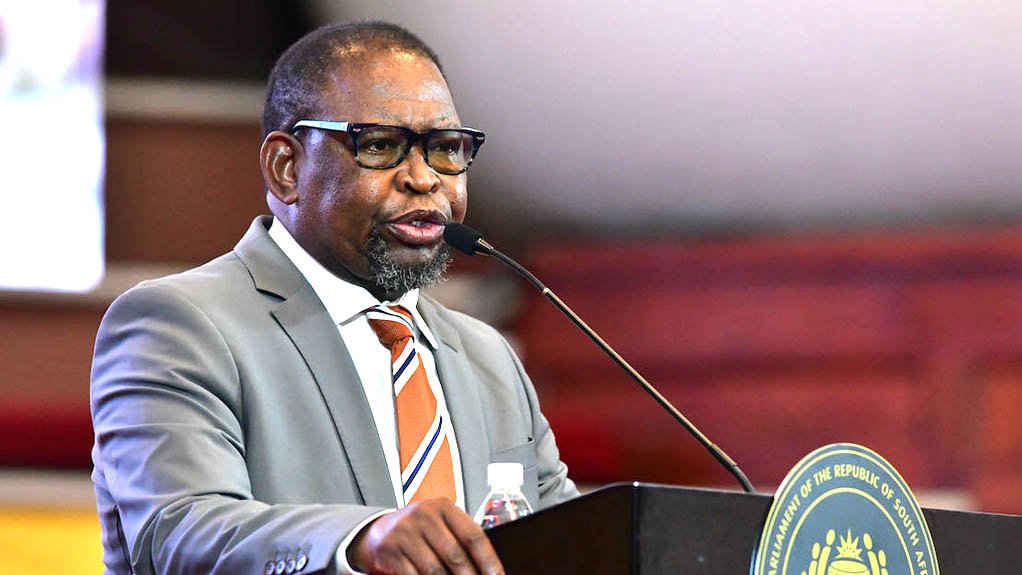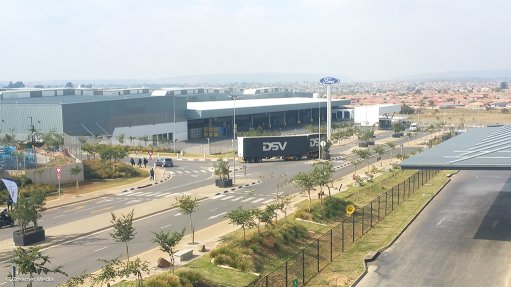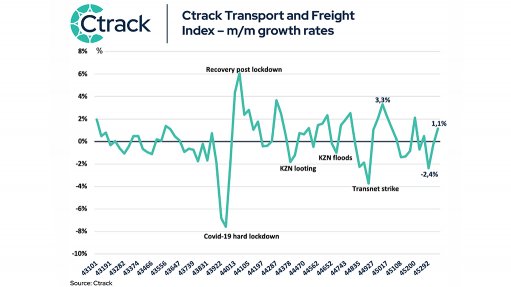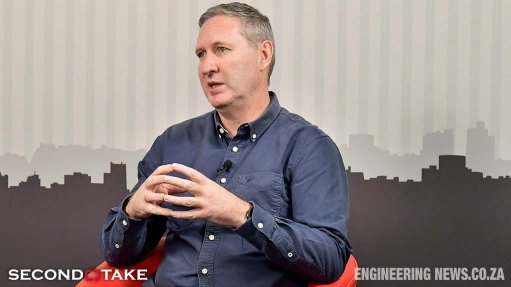PwC expects govt’s revenue collection rate to dwindle amid loadshedding
Professional services firm PwC says loadshedding is the single-biggest factor hampering South Africa’s gross domestic product (GDP) growth, which the firm anticipates will only amount to 1.7% in real terms this year and to 1.5% in 2024 and 2025.
This sentiment is echoed by 59% of South African respondents to PwC’s twenty-sixth Global CEO Survey, who anticipate South Africa’s local economic growth remaining insignificant.
PwC says inflation, the ongoing war in Ukraine that is impacting energy security globally and the underperformance of domestic rail and ports are also taking a toll on the South African economy.
In particular, PwC says local factors such as loadshedding and high input costs, such as electricity and fuel costs, have started eroding the profitability of companies, which will, as a knock-on effect, impact on government’s revenue collection rate.
PwC environmental, social and governance lead for Africa Lullu Krugel says while wealthy households and large businesses can mitigate the impacts of loadshedding, or avoid loadshedding altogether, the vast majority of South Africans can not afford to go off-grid.
On a side note, PwC says about 40% of businesses globally are saying they will not be around in ten years’ time, if the current trend, which includes macroeconomic pressure and supply chain disruption, prevails and they do not change up their strategies, including pursuing renewable energy and containing costs.
The respondents to PwC’s Global CEO Survey highlight business costs as being, by far, the number one risk to business sustainability.
Meanwhile, PwC expects the consolidated deficit forecasts provided in October 2022 to be slightly revised to show a slower decline in the shortfall compared with previous expectations. The firm believes the primary budget surplus committed to by the National Treasury for the 2023/24 financial year is now in jeopardy.
Government’s balance sheet is being threatened by additional publicly-guaranteed debt taken over from Eskom, which PwC hopes Finance Minister Enoch Godongwana will clarify during his Budget speech next week, including how it will impact consolidated expenditure and the taxpayer. PwC deems it likely that the State will try to absorb half of Eskom’s debt, at about R200-billion.
Krugel is confident Godongwana will continue to show strong expenditure restraint as far as possible; however, bailouts to State-owned entities (SOEs) such as Transnet and Eskom remain a major risk to expenditure, as does the public sector wage bill.
PwC says a comprehensive cost-benefit analysis of the contribution of SOEs to South Africa’s society and economy is urgently required, and hopes that this year’s Budget will announce that appropriate assessments will be conducted in this regard.
The firm would also like to hear about progress in restructuring Eskom, particularly since the process is lagging behind significantly.
Further, the share of public sector compensation in relation to total consolidated expenditure has decreased from 34.5% in 2019/20 to 31.6% in 2022/23, with government aiming to further decrease the wage bill to 30.8% by 2024/25; however, PwC deems this unlikely, owing to inflation and pressure from unions.
Negotiations are still under way to finalise the 2022/23 wage deal, for a government-proposed 3% increase in remuneration. PwC says there is a strong likelihood of industrial action if this is not resolved soon.
PwC believes there are several budget items that will remain unfunded over the medium term, including the Basic Income Grant and National Health Insurance.
On the tax front, PwC does not foresee any significant changes, except for inflationary increases in the general fuel and Road Accident Fund levies.
Further, the firm believes government will announce more incentives to encourage the self-generation of energy.
With South Africa having the highest personal income tax burden among upper-middle income countries, and among many countries in general, PwC says it would be a welcome relief if Treasury can reduce the personal income tax rate over time after increasing the tax base through greater economic growth, employment and enforcement.
Moreover, PwC hopes Godongwana will announce measures to develop a new funding model for municipalities, as well as stronger expenditure management for local governments, since almost a third of the country’s municipalities are in deficit and have insufficient funds to complete projects and ensure service delivery.
In particular, Krugel would like government to discuss municipal wheeling in the Budget and how funds can be made available to this effect, so that municipalities can procure power from independent power producers more effectively.
The firm hopes that the 2023 National Budget will be encouraging to the business community and improve business sentiment. PwC expects the Finance Minister to share progress on some of the key structural reforms necessary to grow the economy, and hopes that the speed of these reforms will be accelerated.
Comments
Press Office
Announcements
What's On
Subscribe to improve your user experience...
Option 1 (equivalent of R125 a month):
Receive a weekly copy of Creamer Media's Engineering News & Mining Weekly magazine
(print copy for those in South Africa and e-magazine for those outside of South Africa)
Receive daily email newsletters
Access to full search results
Access archive of magazine back copies
Access to Projects in Progress
Access to ONE Research Report of your choice in PDF format
Option 2 (equivalent of R375 a month):
All benefits from Option 1
PLUS
Access to Creamer Media's Research Channel Africa for ALL Research Reports, in PDF format, on various industrial and mining sectors
including Electricity; Water; Energy Transition; Hydrogen; Roads, Rail and Ports; Coal; Gold; Platinum; Battery Metals; etc.
Already a subscriber?
Forgotten your password?
Receive weekly copy of Creamer Media's Engineering News & Mining Weekly magazine (print copy for those in South Africa and e-magazine for those outside of South Africa)
➕
Recieve daily email newsletters
➕
Access to full search results
➕
Access archive of magazine back copies
➕
Access to Projects in Progress
➕
Access to ONE Research Report of your choice in PDF format
RESEARCH CHANNEL AFRICA
R4500 (equivalent of R375 a month)
SUBSCRIBEAll benefits from Option 1
➕
Access to Creamer Media's Research Channel Africa for ALL Research Reports on various industrial and mining sectors, in PDF format, including on:
Electricity
➕
Water
➕
Energy Transition
➕
Hydrogen
➕
Roads, Rail and Ports
➕
Coal
➕
Gold
➕
Platinum
➕
Battery Metals
➕
etc.
Receive all benefits from Option 1 or Option 2 delivered to numerous people at your company
➕
Multiple User names and Passwords for simultaneous log-ins
➕
Intranet integration access to all in your organisation





















